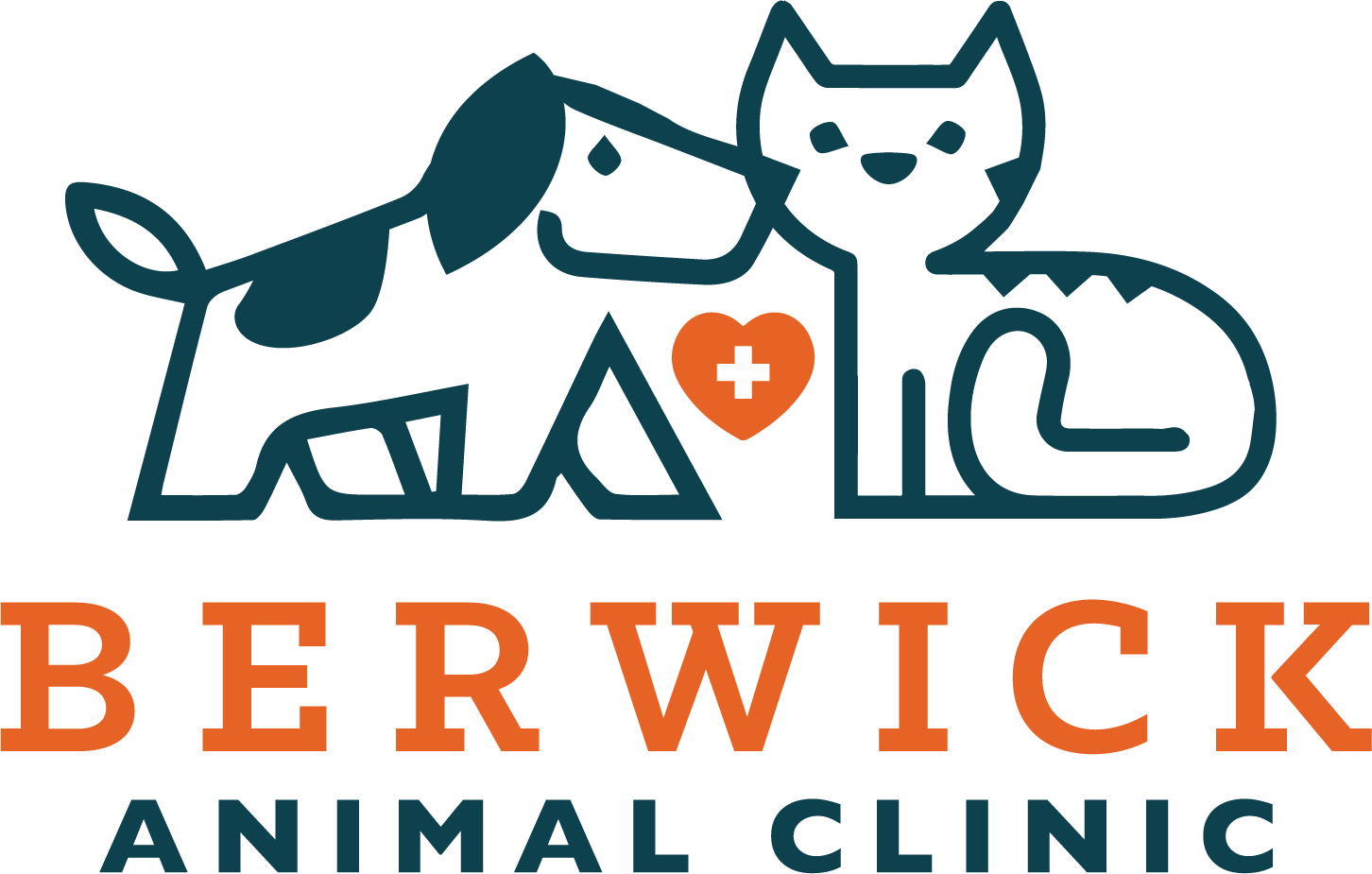Let's Talk About Vaccines

You’ll get postcards from us reminding you that your dog is due for certain vaccines, and we’ll discuss them with you during your appointment, but that’s trying to put a lot of information in a short span of time. We would like to use this Staff Chat to talk about vaccines – why they are important, when you can expect your dog to need them, and what each individual vaccine protects against. Dr. Bando has covered the leptospirosis and lyme vaccines in previous Staff Chats, so let’s talk about some of the other vaccines available. We'll discuss "core" vaccines in this chat and the next, and a subsequent chat will cover "non-core" vaccines.
First – why vaccinate? There are two very simple, and yet very important, reasons to vaccinate. One is for the health of your dog, and the other is for the health of the community. We’ll use the rabies vaccine as an example. Your dog can get rabies from the saliva of an infected animal, usually by being bitten. Rabies is a viral infection that affects the nervous system, and once clinical signs appear, it is fatal. If a dog with rabies bites a human, that human can also contract rabies.
According to the Center for Disease Control, the majority of animal rabies cases in the US prior to 1960 were in domestic animals. Since widespread adaptation of the canine rabies vaccine, more than 90% of rabies cases are wildlife – not domestic animals. In addition, in the early 1900s there were approximately 100 human cases of rabies reported in the US – that number has dropped to just one or two a year. By contrast, due to many countries not requiring the canine rabies vaccine, currently approximately 59,000 people per year die worldwide from rabies.
Why is rabies fatal? The viral infection causes inflammation of the brain and spinal cord. This can lead to aggression, excessive drooling, fearfulness, difficulty swallowing, staggering, paralysis, and seizures.
The rabies vaccine is considered one of the “core”, or required, vaccines. A puppy will get this vaccine in their last round of boosters. That vaccine is effective for one year. For subsequent vaccines, a three year vaccine is also available if desired.
We’ll talk about the other core vaccine, the distemper/parvo combo, in our next Staff Chat.







